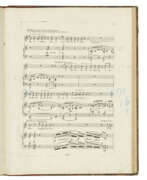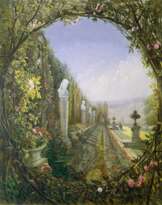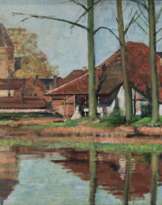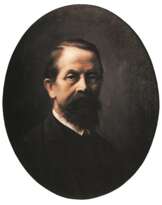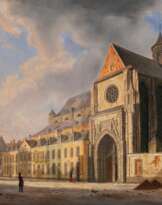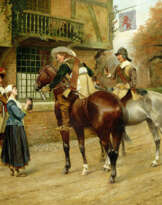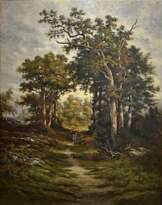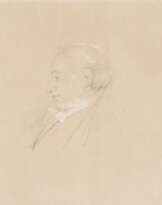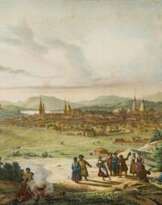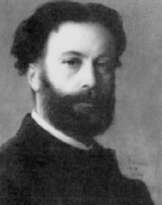Modest Musorgskii (1839 - 1881)
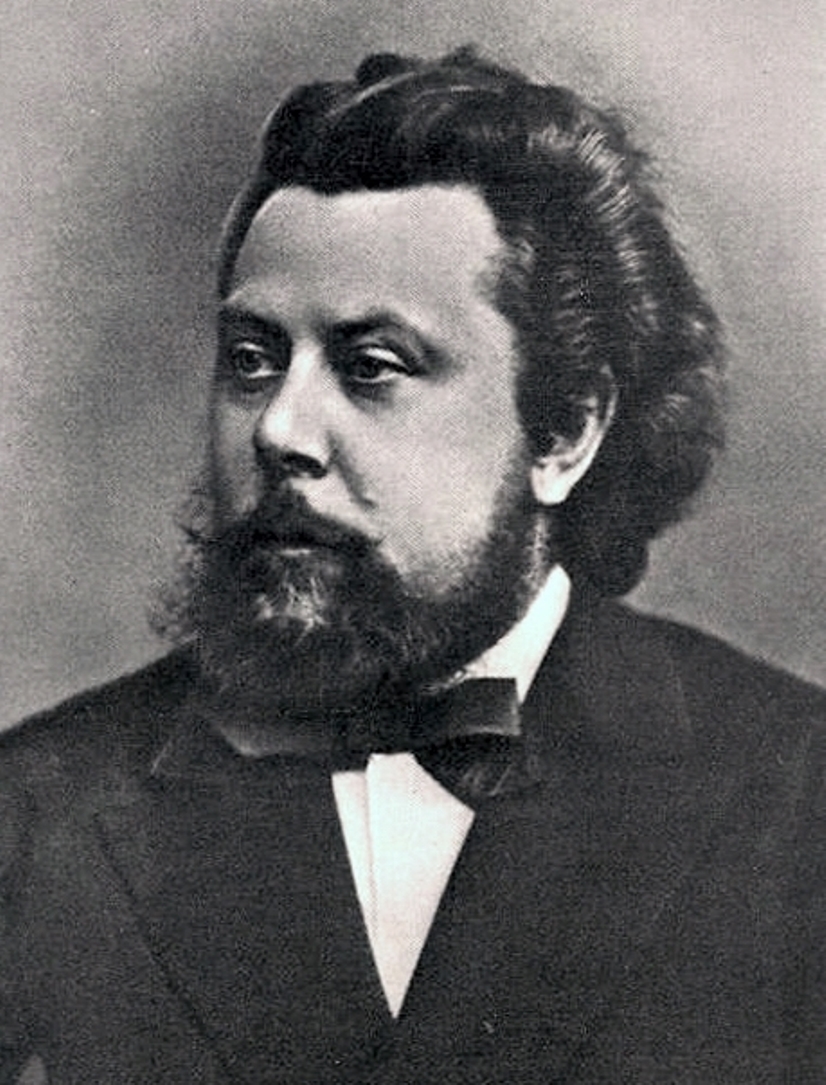
Modest Musorgskii
Modest Petrovich Musorgskii (russian: Модест Петрович Мусоргский) was a Russian composer and pianist.
Born into an old Russian noble family, Modest was trained on the piano from an early age, then served as an officer in the Life Guards of the Preobrazhensky Regiment. In 1856-57 Mussorgsky became acquainted with the composer Alexander Borodin, and later with Alexander Dargomyzhsky, Cesar Cui, Mili Balakirev and the music critic Vladimir Stasov. Together they formed a friendly community that became known as the Mighty Handful.
In 1858, Musorgskii left military service and took up only music. Later, however, for the sake of earning money, he was forced to enter the civil service and work in various official positions. In music he tried for a long time to find his own style, experimented a lot, took on different genres. He composed piano and orchestral works, many satirical romances, vocal pictures and songs with vivid characters. Musorgskii's symphonic work Intermezzo (1861) and fantasy Night on Bald Mountain, the cycle of pieces Pictures at an Exhibition, written for piano in 1874 as musical illustrations to Victor Hartmann's watercolors, and the vocal cycle Children's, which included seven pieces, are widely known and often performed.
Musorgskii gradually became popular in Russia and abroad. The pinnacle of Musorgskii's work in the 1860s was his opera Boris Godunov, based on Alexander Pushkin's drama, staged at the Mariinsky Theater in St. Petersburg in 1874. In 1872 he almost completed his last opera, Khovanshchina; Sorochinskaya Yarmarka and several other operas remained unfinished.
After Musorgskii's death, his friend the composer Rimsky-Korsakov decided to put all his works in order and publish them. He made many changes to the melodic and harmonic order of the compositions completed by the author, including Boris Godunov.
| Date and place of birt: | 21 march 1839, Karevo, Russian Empire |
|---|---|
| Date and place of death: | 28 march 1881, St. Petersburg, Russian Empire |
| Period of activity: | XIX century |
| Specialization: | Composer |
| Art style: | Romanticism |

